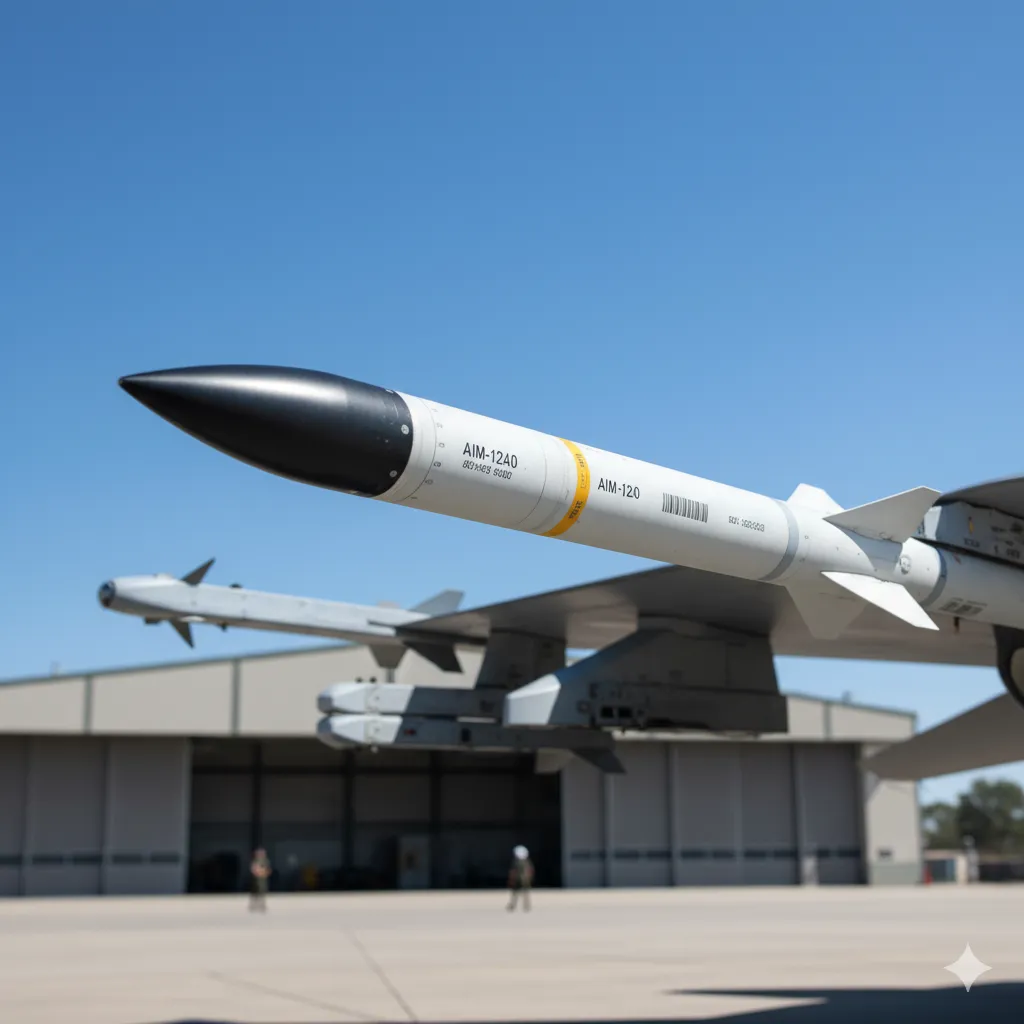The US clarifies that Pakistan won’t receive new AMRAAM missiles under the $2.5B defense contract. Washington says it covers only sustainment support.
 Sseema Giill
Sseema Giill

The United States has denied reports of new missile deliveries to Pakistan, confirming that Islamabad will not receive new AIM-120 AMRAAMs under the latest defense contract. In a statement issued by the US Embassy in India, Washington clarified that the $41.6 million contract modification only covers maintenance, spare parts, and sustainment services for existing systems — not fresh missile shipments or capability upgrades.
On September 30, 2025, the US Department of War announced a contract modification with Raytheon Missiles & Defense as part of a multi-country Foreign Military Sales program.
South Asian media interpreted this as Washington supplying new AMRAAM missiles to Pakistan.
But on October 10, the US Embassy in New Delhi firmly denied those claims, calling the reports “false” and emphasizing that “no new missiles or capability upgrades are part of this deal.”
The sustainment contract involves multiple allies, including UK, Germany, Israel, Australia, Japan, Qatar, and Pakistan, with Raytheon as the primary contractor.
This clarification comes at a sensitive geopolitical moment:
“Contrary to false media reports, no part of this referenced contract modification is for deliveries of new AMRAAMs to Pakistan.
“The sustainment does not include an upgrade to any of Pakistan's current capabilities.”
No official statement from Islamabad so far, though Dawn newspaper and other outlets initially reported the contract as a “new missile deal.”
No. The US Embassy has clearly stated that no new missiles or upgrades are part of the contract.
The contract is only for maintenance, spare parts, and sustainment services of existing AMRAAM systems.
Pakistan purchased around 700 AMRAAM missiles in 2007 to equip its F-16 jets.
Because AMRAAMs were used in the 2019 aerial engagement with India. Any upgrade could shift the aerial balance in the region.
The multi-nation sustainment program is scheduled for completion by May 2030.






Sign up for the Daily newsletter to get your biggest stories, handpicked for you each day.
 Trending Now! in last 24hrs
Trending Now! in last 24hrs



